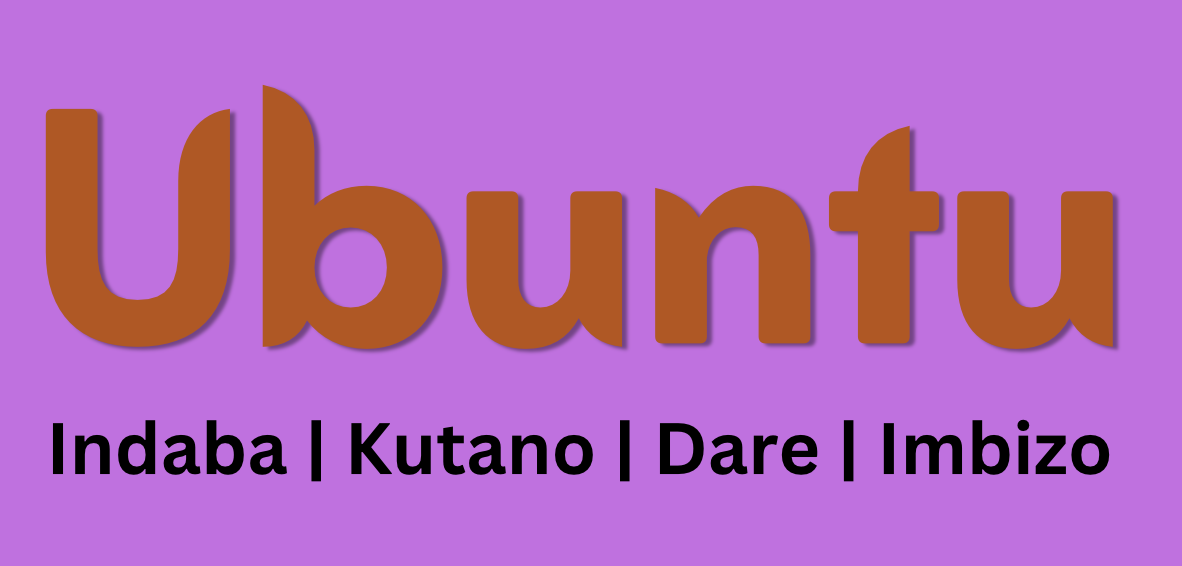
Kutano, dare or indaba or imbizo methods
These methods can be used for data collection, evaluation or service delivery meetings and in learning and teaching.
Kutano methods
In Swahili, kuta, means to meet, kutano means a reciprocal meeting, and its mkutano in plural. In research, a kutano refers a meeting or improved type of an interview where the discussion is reciprocal, either person can ask and get a response. It is not considered, but an exchange of knowledge or ideas. Kutana is to use this method, for example, a researcher would say, ‘we will kutana‘.
Dare, indaba and imbizo
Sometimes called talking circles, dare, indaba and imbizo mean collecting data from a medium sized group (dare, about 8 people), large group (indaba, about 16 or more people) or imbizo. In an imbizo, the meeting is called by leaders, for example King, village head or mayor, mainly to discuss policy issues. In a dare, indaba or imbizo, people meet face to face or online. Each person has an equal chance to participate. Rounds vary, usually about four. This method values equality, respect, togetherness and collective knowledge building (Chilisa 2019). In other communities, a symbolic act, object, food or drink is used. For example, clapping hands before you speak, holding a walking stick before speaking, saying words of respect or praise titles/names before speaking and passing a cup with a drink or brew.
Do you have any other methods to share, please email asw@africasocialwork.net or comment below.
Use the form below to subscibe to Owia Bulletin.
Discover more from Africa Social Work & Development Network | Mtandao waKazi zaJamii naMaendeleo waAfrika
Subscribe to get the latest posts sent to your email.


